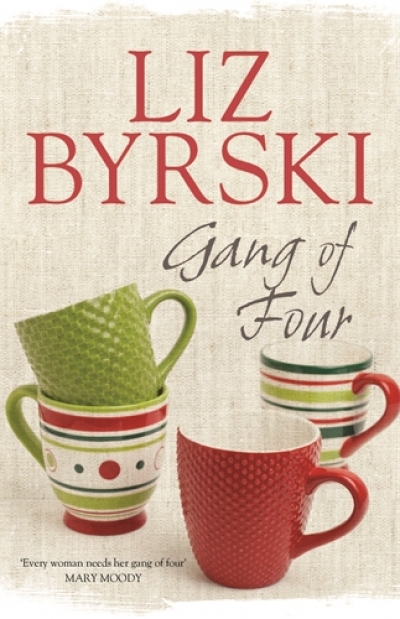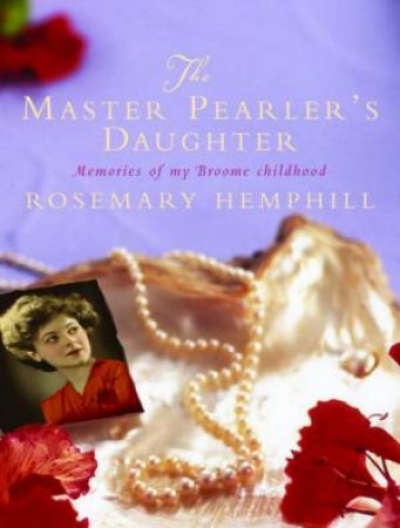Archive
Radical Brisbane edited by Raymond Evans and Carole Ferrier & Radical Melbourne 2 by Jeff Sparrow and Jill Sparrow
by Chris McConville •
A Tuesday Thing by Kate Shayler & God's Callgirl by Carla van Raay
by Joy Hooton •
Economia by Geoff Davies & How Australia Compares by Rod Tiffen and Ross Gittens
by Philip Clark •
The Master Pearler's Daughter by Rosemary Hemphill & Bullo by Marlee Ranacher
by Susan Varga •
Shockwave by Peter Haran & Flashback by Peter Haran and Robert Kearney
by Josh Wilson •










